Financial Security
Explore our financial security articles to learn everything you need to know.
How Much Homeowners Insurance Do You Need to Be Fully Protected?

Beyond basic coverage, learn how much homeowners insurance truly protects your home, assets, and lifestyle. Discover how to calculate dwelling, personal property, and liability needs for complete peace of mind.
A Beginner's Guide to Buying Life Insurance for the First Time
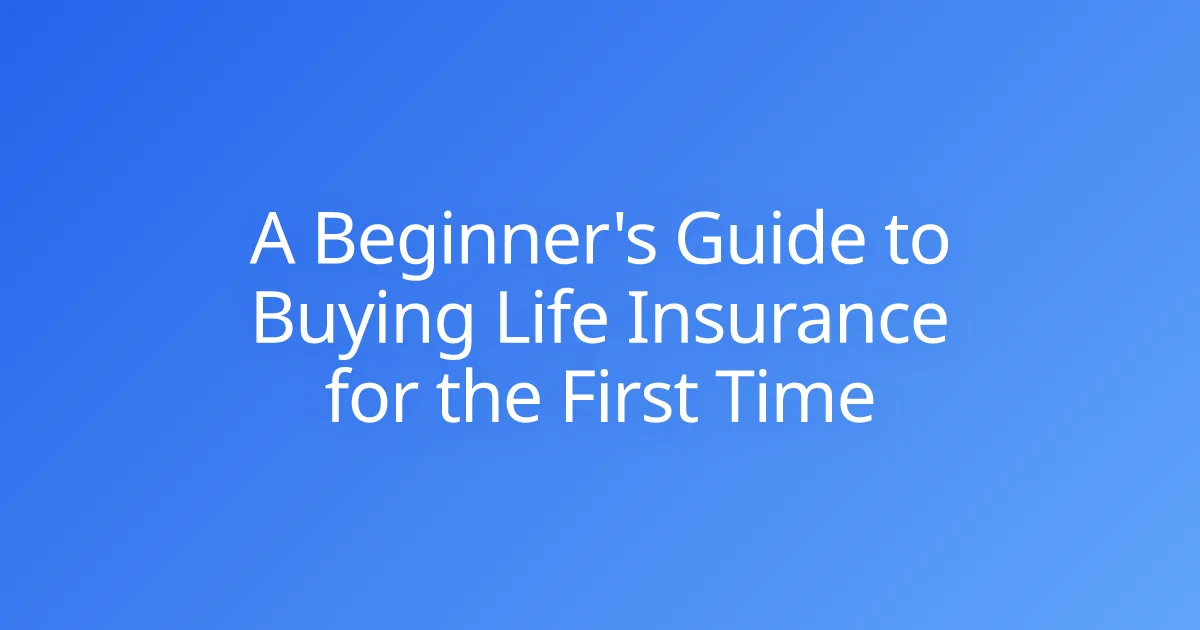
New to life insurance? This beginner's guide simplifies buying your first policy, explaining types calculations, and the process to secure your family's financial future.
How to Choose the Best Insurance Company for Your Needs

Struggling to choose an insurance company? Learn expert strategies to evaluate providers, compare options, and select the best insurance company that perfectly fits your needs and budget.
Understanding Life Insurance Beneficiaries and How to Choose Them
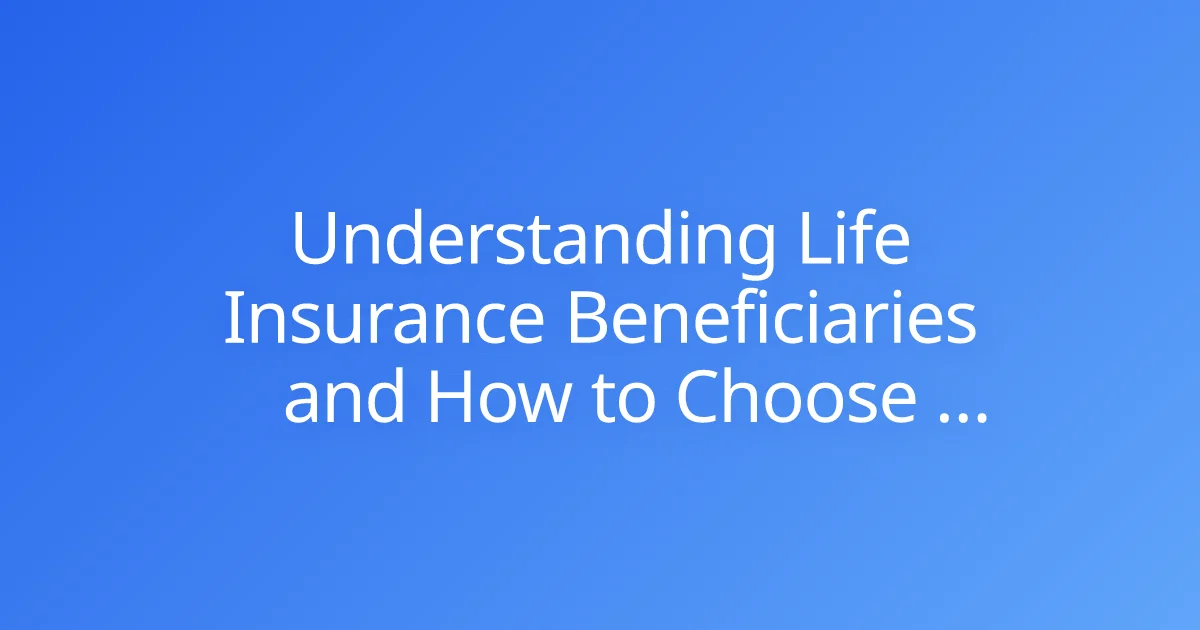
Choosing life insurance beneficiaries is crucial for your loved ones' financial future. Learn who to name, why it matters, and how to avoid common mistakes for a smooth payout.
Wedding Insurance: Protecting Your Big Day from the Unexpected
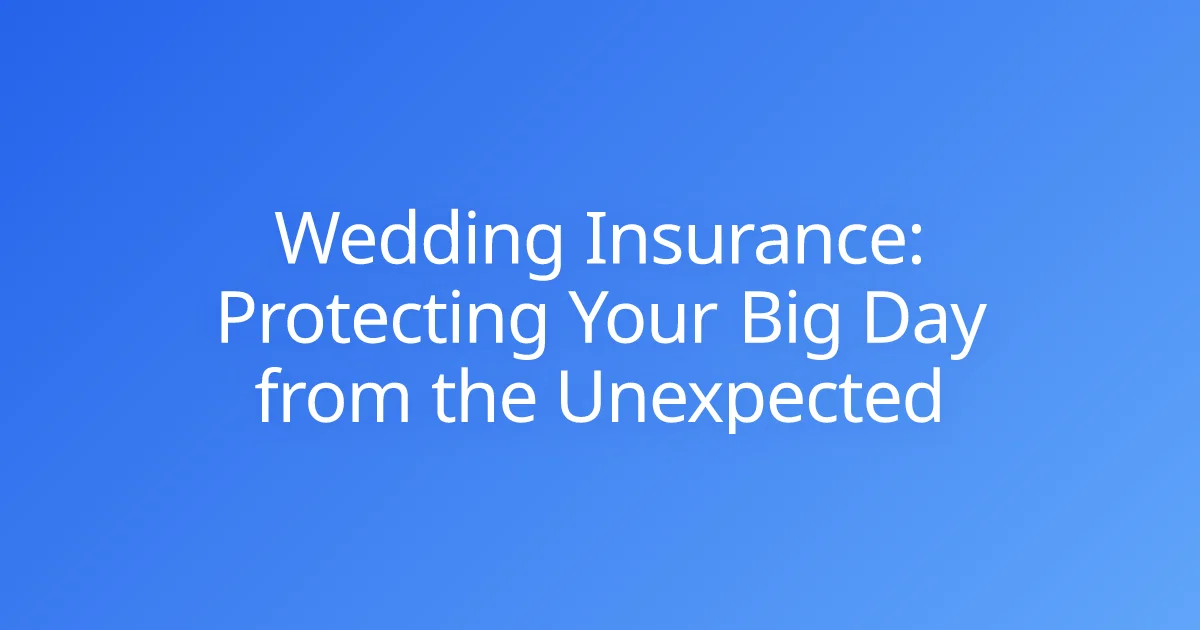
Learn how Wedding Insurance protects your big day from unexpected cancellations, vendor issues, and other mishaps, ensuring financial security and peace of mind for your celebration.
Umbrella Insurance: Extra Liability Protection Explained
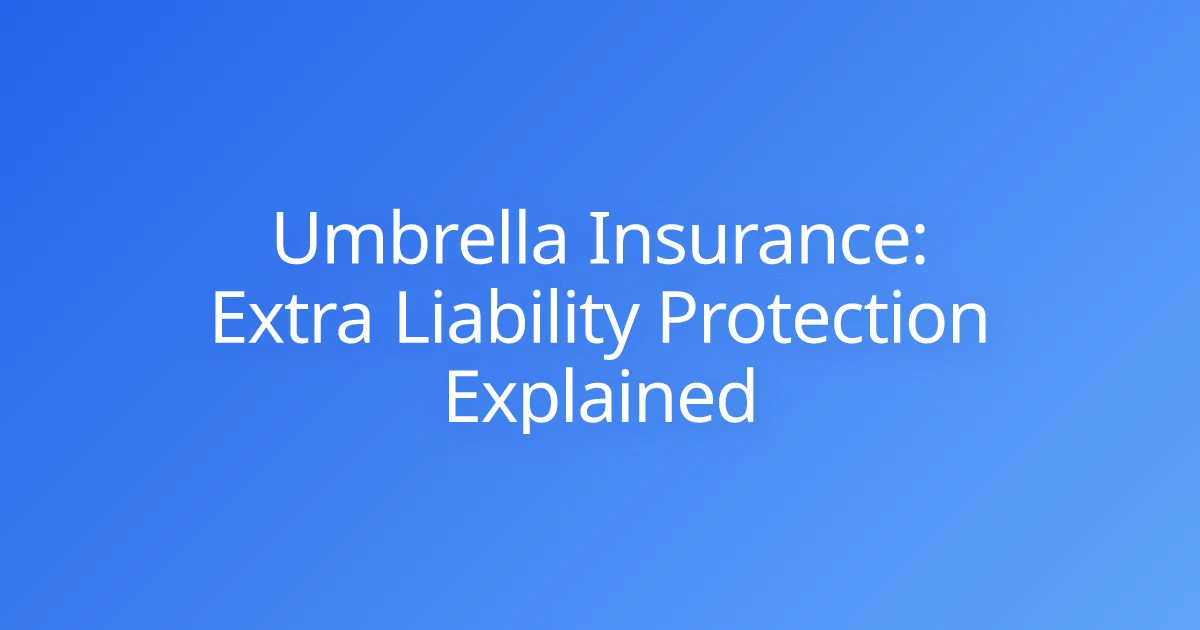
Demystify Umbrella Insurance and learn how this crucial policy provides extra liability protection, safeguarding your assets from catastrophic lawsuits and unexpected claims.
Disability Insurance: Protecting Your Income If You Can't Work
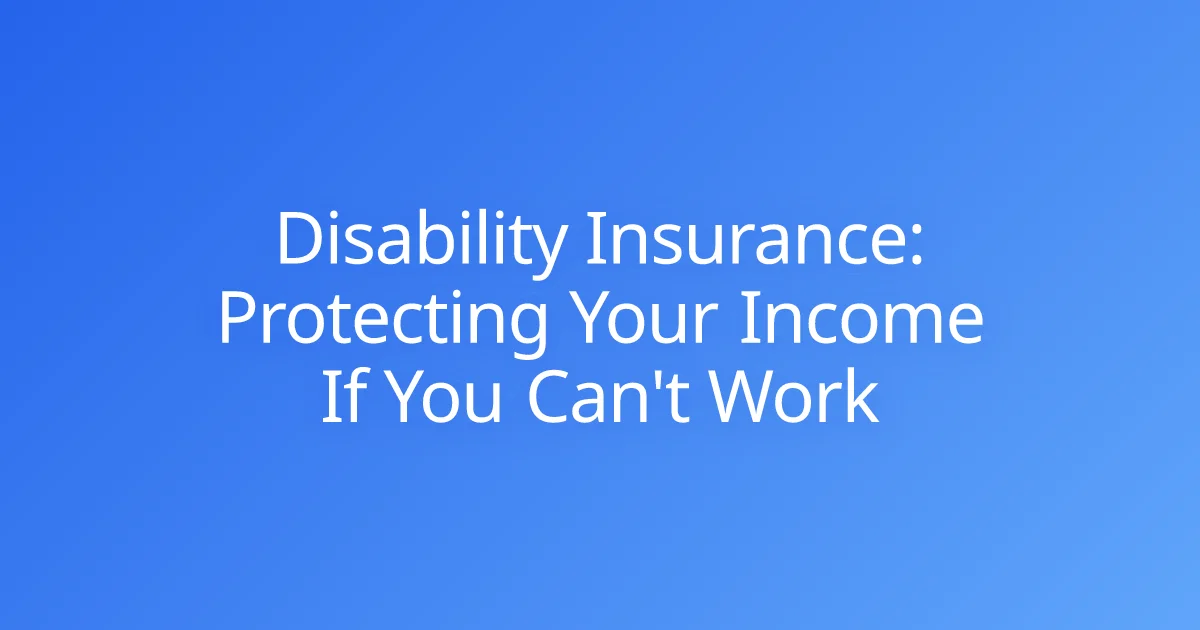
Discover how Disability Insurance provides crucial income protection if you can't work due to illness or injury, safeguarding your financial future and peace of mind.
Related Categories
Stay Updated on Financial Security
Get the latest financial security articles delivered to your inbox.